LATEST NEWS: KEY DEVELOPMENTS YOU NEED TO KNOW
Latest Videos
Newsreel Asia is an independent news media committed to rigorous journalism and narrative storytelling across governance, democracy, economy and society, focused currently on India. Founded on World Press Freedom Day 2021, we work to cut through the noise and bring clear, truthful reporting to the forefront. Our perspective is humanitarian — we look at how issues shape the lives of ordinary citizens, not through the lens of political ideologies.
People in Delhi and nearby areas are absorbing dangerous amounts of air pollution deep into their lungs every day, far beyond what Indian or global safety standards allow. A five-year study measured how much of this pollution actually settles inside the respiratory system, offering a clearer and more direct view of the damage being caused to people’s health.
The Ministry of Home Affairs has withdrawn all financial sanctioning powers from Ladakh’s local administration and elected councils, centralising them in Delhi. The move is likely to disrupt local decision-making and delay essential development in a region where planning and execution must match a narrow seasonal window.
The central government is weighing a proposal to require smartphone manufacturers to keep satellite-based location tracking permanently active on all devices sold in the country. This would allow law enforcement and investigative agencies to access our precise, real-time location data, a step no other country has taken so far.
Over the last five years, more than 6.5 million (65 lakh) children in India have dropped out of school, Minister of State for Women and Child Development Savitri Thakur revealed in Parliament. Among them, nearly 3 million (30 lakh) are adolescent girls. The numbers point to a large-scale rupture in India’s promise of universal education, and also to structural gaps in the way schooling is planned, supported and delivered, especially for children from marginalised families.
A group of former judges and senior advocates have denounced recent comments made by a Supreme Court bench comprising Chief Justice of India (CJI) Surya Kant and Justice Joymalya Bagchi during a Supreme Court hearing on Rohingya refugees, calling the remarks “unconscionable” and contrary to constitutional values. In a public letter, the signatories said the comments dehumanised vulnerable refugees and undermined the moral authority of the judiciary.
Latest News Briefings
Officials in Bhutan appear to have cultivated a habit of avoiding the media and withholding information, leaving journalists with few avenues for access. The resulting silence is straining an already fragile media landscape, pushing it closer to collapse.
At the 70th birth anniversary of Bhutan’s Fourth King Jigme Singye Wangchuck, Indian Prime Minister Narendra Modi announced a Ngultrum 40-billion (roughly $450 million) line of credit for infrastructure and energy development. While the move signalled strong bilateral ties, an uncomfortable truth lies behind the public warmth. Bhutan’s dependence on Indian-funded hydropower has locked it into an escalating debt trap.
News Commentaries
Kavitha, a mother in Raichur district, doesn’t follow the nutrition charts or growth tracking numbers. What she understands is hunger. The rice from the public distribution shop lasts less than a week. On some nights, there’s nothing but water and silence. For families like hers, malnutrition isn’t just a report—it’s dinner time. In Raichur, all women aged 15–49 are anaemic at a rate of about 57%, combining both pregnant and non‑pregnant groups, according to the National Family Health Survey (NFHS-5). Among children under five, 36.8% are stunted, 31.3% are underweight and 21.6% are wasted—figures that point to persistent, long-term nutritional deprivation.
Video Features
Suleman Ali lived his entire life in Hasila Beel, a village in Assam’s Goalpara district. He built his home brick by brick over years of labor, married off his daughters there, and believed his documents proved he belonged. But one morning in June 2025, bulldozers reduced it all to rubble.
Neeta Oraon lives in Nazira, a small town in Assam’s Sibsagar district. At 27, she has already spent more than a decade working in a tea garden. Her dream of becoming a nurse gave way early to the demands of poverty, debt, and family survival. She now works long hours under the sun, earning 250 rupees a day while caring for her ailing mother. Like Neeta, thousands of women in Assam’s tea gardens remain trapped in cycles of generational hardship and unseen labour.
Narsisus was addicted for 27 years and survived multiple suicide attempts. Today, he runs a modest community rehab centre. With no frills, only a few beds, basic meals and peer support, it offers a fragile but vital lifeline for those who walk through its doors. His journey, from the darkest moments to helping others avoid the same brink, unfolds in a state battling one of India’s deadliest mental health crises: Sikkim.
What do India’s persecuted communities go through behind closed doors?
What happens when you sit across a dinner table and truly listen?
Over the course of 9 powerful episodes, The Dinner Table, a docu-series by Newsreel Asia, brings together stories from communities who have long been silenced, sidelined, or targeted — simply for their identity, faith, or beliefs.
As the host, I travelled across different states, cooked meals with families from Muslim, Kashmiri Pandit, Dalit, Christian tribal, Sikh, Tibetan, indigenous tribal, Kuki-Zo, and Chin communities — and sat down with them to share a meal. What unfolded was not just food on the plate, but raw, unscripted conversations around violence, displacement, discrimination, and the deep pain their communities carry.
DOCUSERIES
This video is a powerful summary of Stories of Resilience — featuring an acid attack survivor, a cancer fighter, a bipolar disorder survivor, a single father, a trans woman reclaiming dignity, a domestic abuse survivor, a woman freed from bonded labour, a mother who rebuilt life after loss, a widow raising her child alone, and Bengaluru’s first woman BMTC driver.
Ten lives. Ten journeys.
One message: resilience.
Watch to get inspired and find strength against all odds.
Online technology, despite its many advantages and advancements, now faces a formidable challenge. How do we safeguard our emotional and psychological wellbeing? This is the third in a series of stories and interviews by Newsreel Asia journalist Surabhi Singh, looking into how social media platforms and messaging apps have increasingly become hubs for the circulation of harmful and illegal sexual content. Now, joining these digital spaces are AI platforms, adding a new and deeply complex layer of concern.
Gujarat stands as India’s foremost salt-producing state, contributing 85% to the nation's total salt output. Within Gujarat, 31% of this production originates from the Agariya community living within the Little Rann of Kutch. Despite being the primary contributors to the salt industry, the Agariya people find themselves receiving the smallest share of profits. Furthermore, they grapple with the adverse effects of climate change, directly impacting their livelihoods. In this narrative, Bhopa and Gunand, two Agariya salt farmers, shed light on the disparity in earnings within the salt farming sector.
Bhupat Bhai Sekhaliya, a diligent and hardworking rickshaw driver from Gujarat, belongs to the Dalit community. Despite his unwavering dedication, the respect he deserves eludes him, particularly from individuals of "upper" castes in his vicinity. Many daily activities, deemed "normal" for any resident, remain inaccessible to him. Defiance can lead to physical assault. However, Bhupat's story is not an isolated incident. In Gujarat, the spectre of violence against Dalits looms large, with an average of four cases reported daily. The past seven years have seen a staggering total of over 9,000 documented instances of such violence.
If you are living in Delhi, you might lose 12 years of your life because of air pollution. Jyoti Lavakare Pande, an author and a journalist from Delhi, writes an open letter to highlight the intensity of pollution in Delhi. She reflects on her mother's vibrant and resilient life, filled with smiles and melodies. Her mother, Kamale Pande, a classical vocalist, was diagnosed with terminal lung cancer, struggling for every breath in Delhi's pollution. She pens down her mother’s journey to raise awareness about the invisible killer looming in Delhi’s air.
To mark four years since its founding on World Press Freedom Day, Newsreel Asia hosted an online discussion with frontline journalists who have reported from some of India’s most volatile conflict zones. The conversation took place just days before the latest escalation of hostilities between India and Pakistan, which saw the use of missiles, drones and artillery fire along the Line of Control.
This video is from the third episode of our online event series, “Newsreel Asia Conversations,” which gives you a chance to interact with filmmakers who explore social, economic and political themes in their works. It all came together from our team's interactions with these creative minds at the 2024 Dharamshala International Film Festival. In this episode, we featured screenwriter, lyricist and filmmaker Shashwat Dwivedi, and our conversation centred on “Revisiting Childhood,” based on his latest film “Bobby Beauty Parlour.”


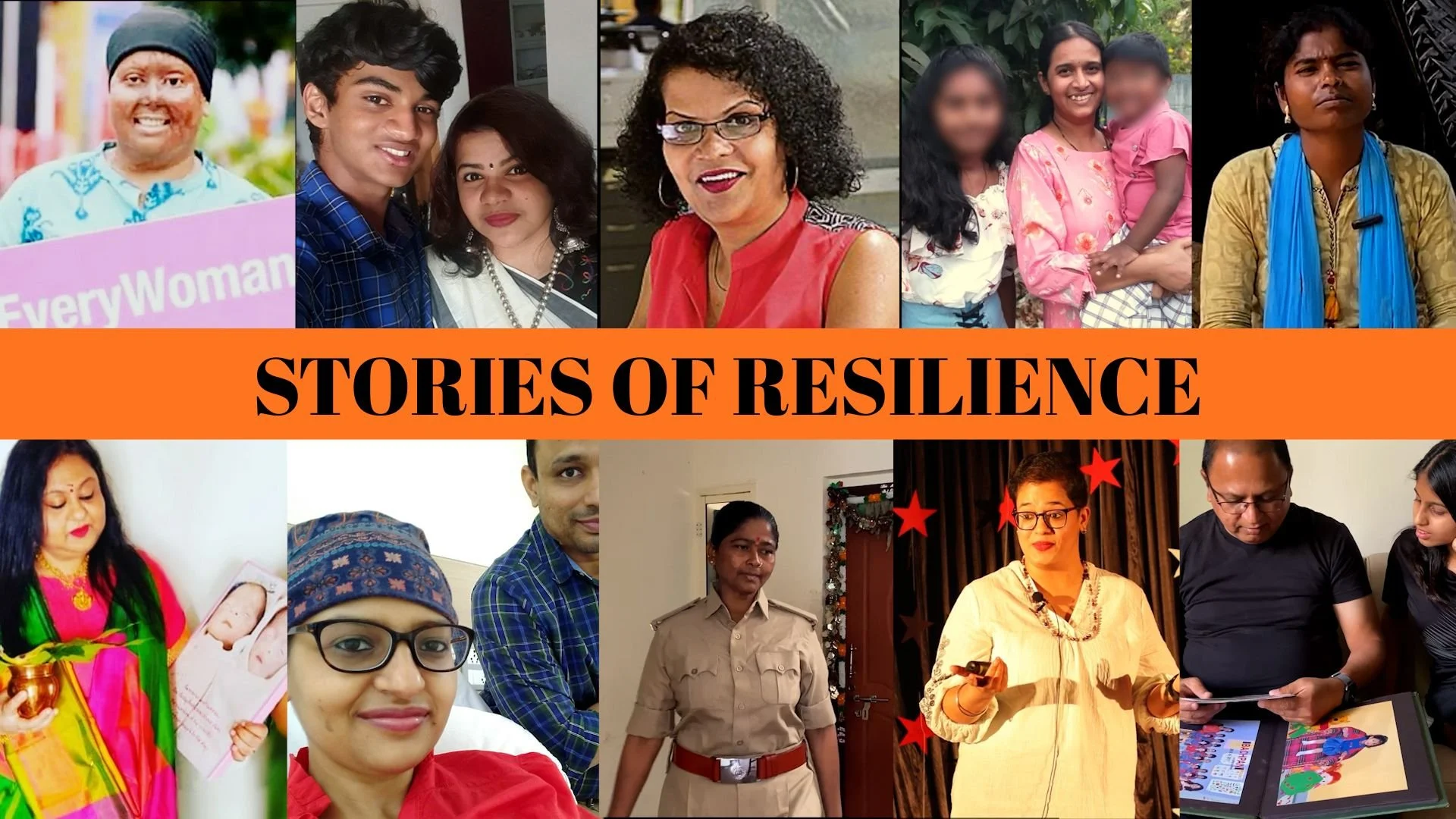

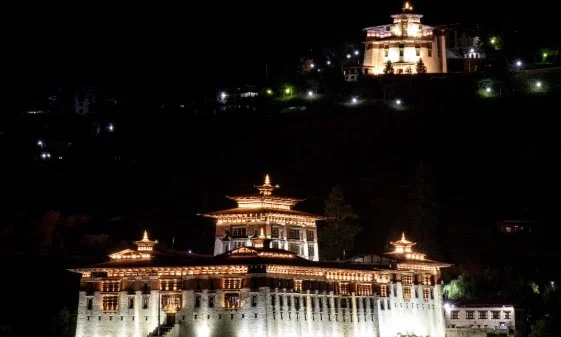
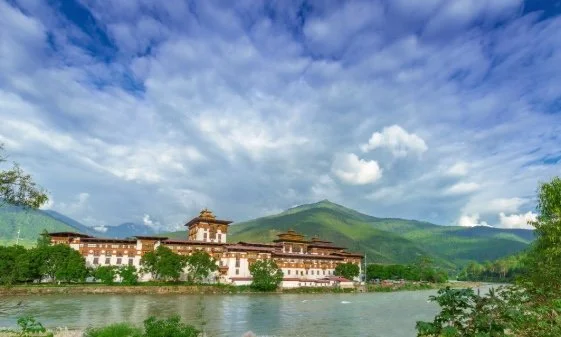






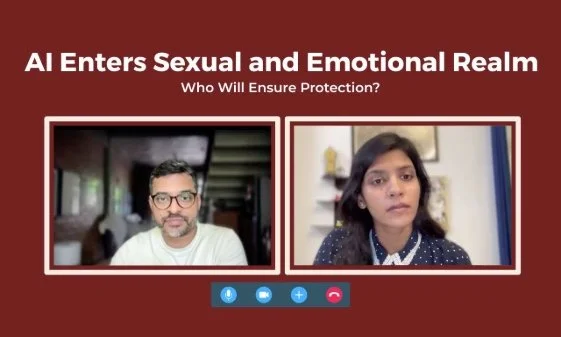
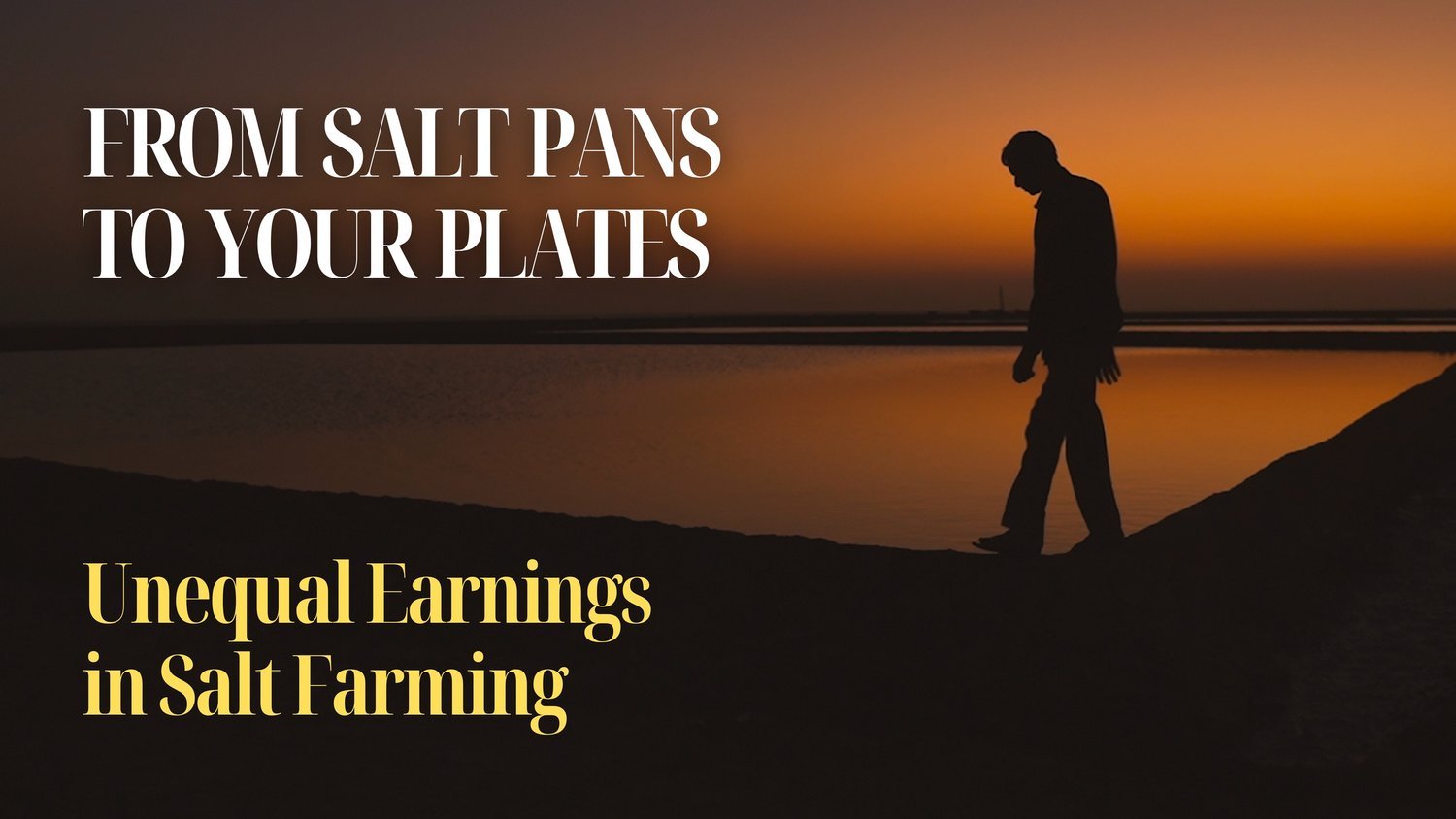
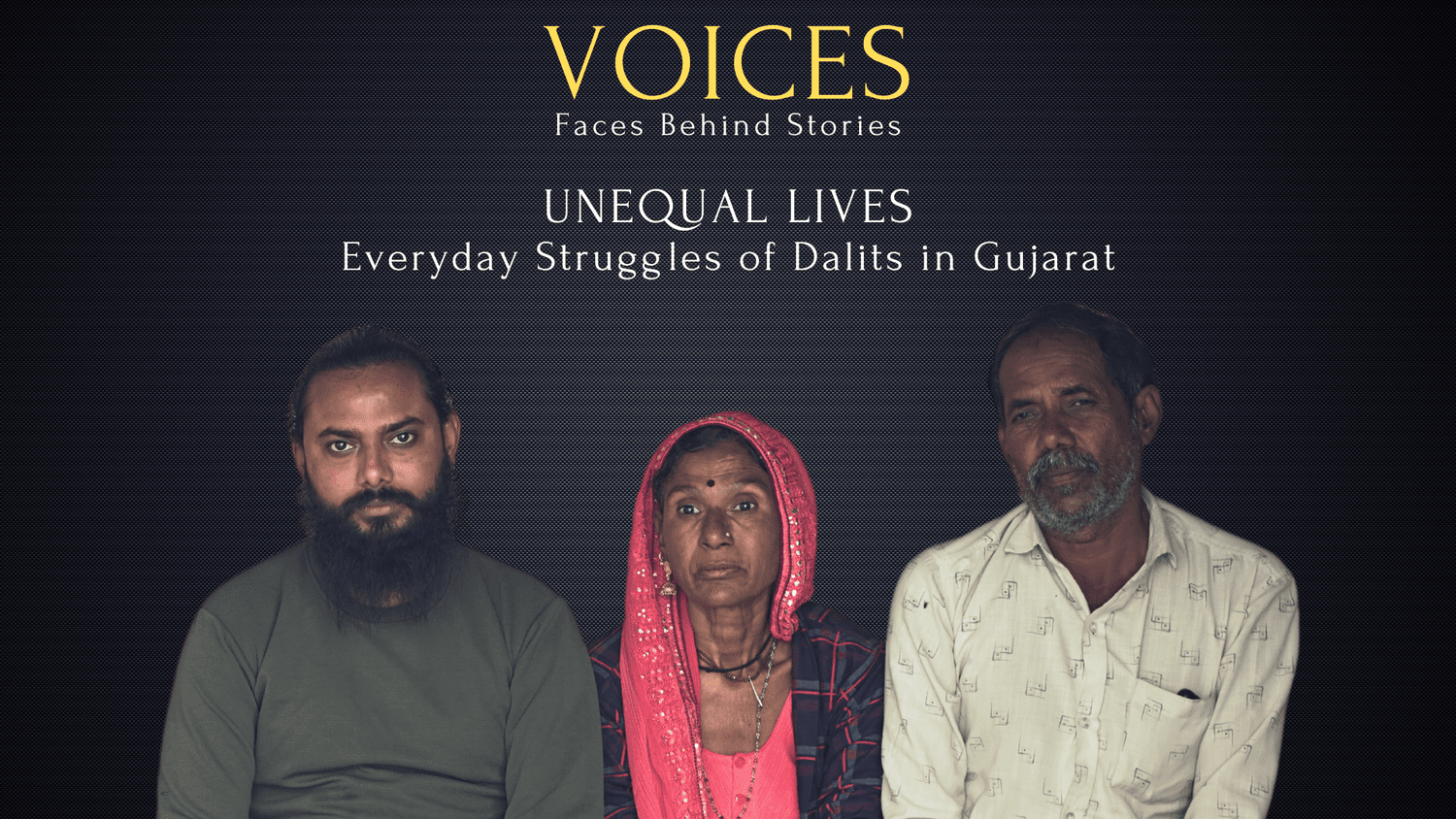
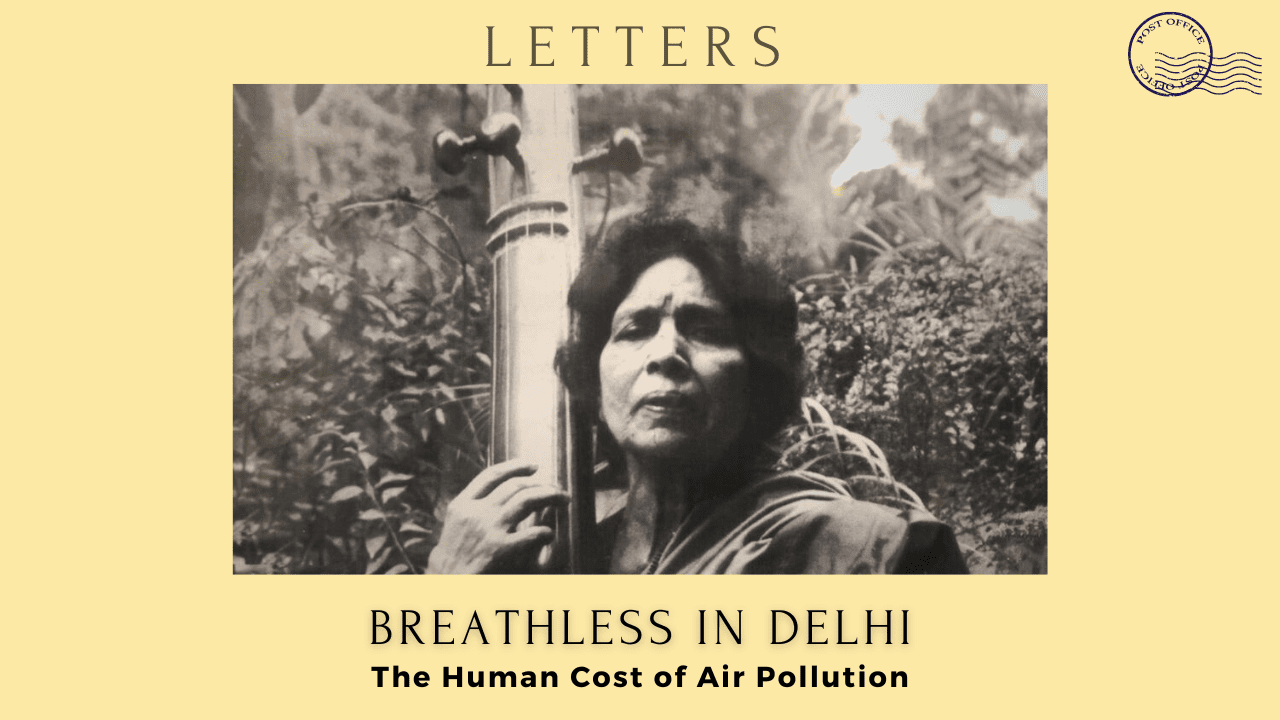
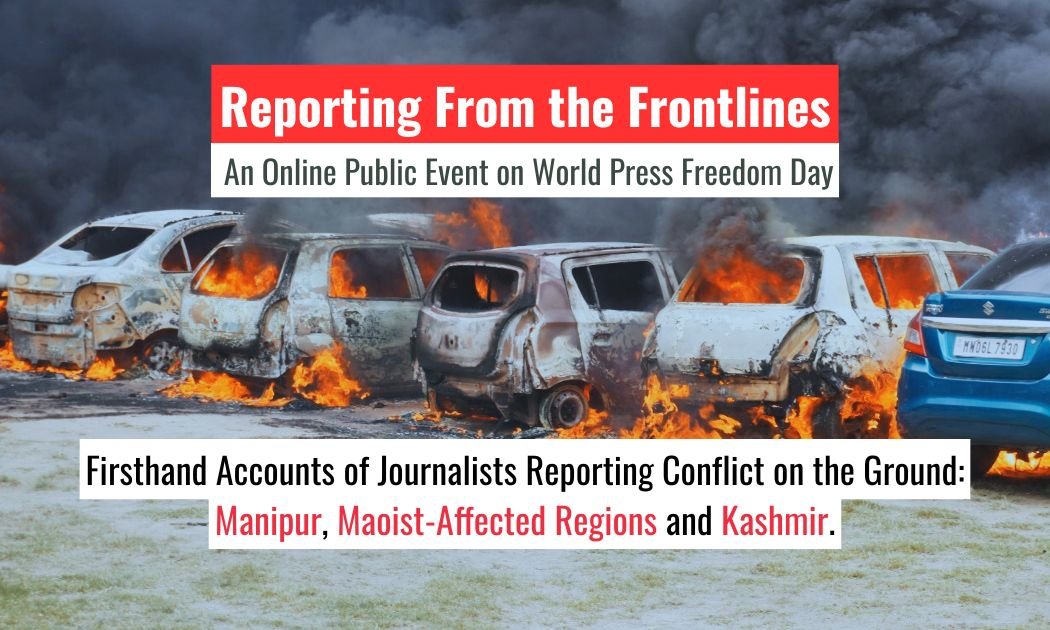

People in Delhi and nearby areas are absorbing dangerous amounts of air pollution deep into their lungs every day, far beyond what Indian or global safety standards allow. A five-year study measured how much of this pollution actually settles inside the respiratory system, offering a clearer and more direct view of the damage being caused to people’s health.